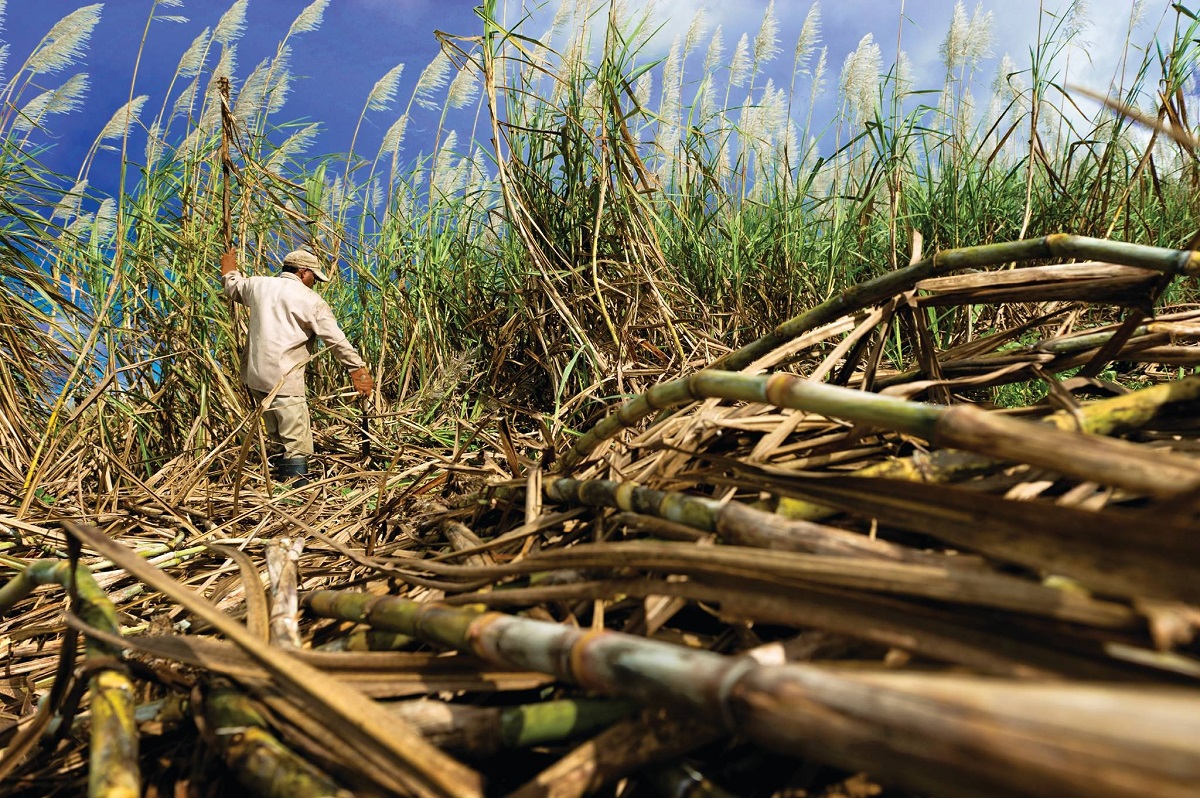
Over the last 15 years, there has been a significant expansion of private-sector agricultural investments in low- and middle-income countries. Too often, such investments have led to dispossessions, forced resettlements, lost livelihoods and human rights abuses for smallholders and local communities, with few real beneficiaries.
In many cases, misguided large-scale investments have trampled over local people’s land rights, failed to include them in projects or to generate real economic benefits in developing countries – leading to opposition from civil society – or even failed completely. To promote more inclusive and environmentally sustainable approaches to public and private agricultural investment, international agencies have begun to channel resources to country-level initiatives that bring stakeholders together into multi-stakeholder platforms (MSPs) and alliances for reform.
The Land Collaborative, a partnership of organisations including the International Land Coalition, the German NGO Welthungerhilfe, and the Mekong Region Land Governance Program, have developed a global Community of Practice on MSPs and alliances for progressive change in land governance. In one of its first initiatives, Land Collaborative commissioned an NRI team to design and deliver a participatory ‘Learning Cycle’ on how to engage with private investors for over 30 platform participants from Burkina Faso, Cambodia, Cameroon, Ethiopia, Laos, Liberia, Mongolia, Myanmar, Philippines, Sierra Leone, Tanzania, and Vietnam. Led by Professor Julian Quan, with Professor Valerie Nelson and Richard Lamboll, the team employed a ‘social learning’ approach, to facilitate learning through stakeholder interaction.
Participants were supported to conduct country diagnostics of agri-investment issues, and to prioritize their learning needs to engage effectively with the private sector. As a result of the COVID-19 pandemic, interactive and participatory learning has been delivered entirely online, with NRI sharing expert knowledge of practical case experience, relevant international policy, law and sustainability standards to help fill knowledge gaps. Topics include how to build trust and communicate with the private sector, the incentives driving private-sector decision making and how to improve the broader enabling environment for responsible investments. Learners were encouraged to reach out to private-sector and government actors to establish more open dialogue, and to promote practical collaboration and appropriate regulatory reforms. The NRI team is also producing comprehensive guidance notes, supporting country-level MSPs to develop action plans for engaging with the private sector, and developing a set of practical tools, learning materials and case studies for wider future application in Land Collaborative’s continuing efforts to promote better, people-centred land governance and necessary stakeholder learning and collaboration globally in multiple countries.
Links: The Land Collaborative | Interational Land Coalition | Welthungerhilfe | Mekong Region Land Governance

